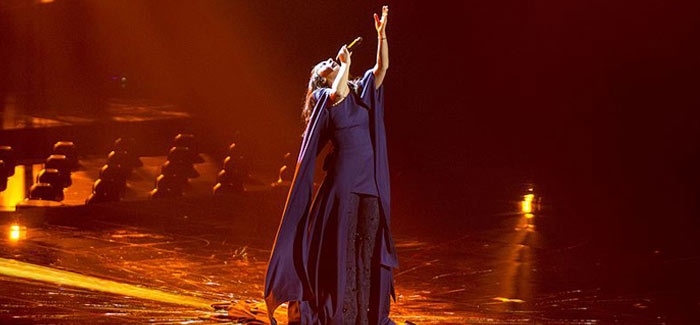This year, the QS World University Rankings® are published on June 8. Over 950 universities from 84 different countries will be ranked, based upon their reputation among over 75,000 academics and more than 40,000 employers, as well as their faculty to student radio, the number of citations per faculty and how international their faculty and students are. (For a full breakdown of the methodology click here).
Since last year, a series of seismic political changes around the world have had a major impact on higher education, so it will be interesting to see what effect this has on the 2018 ranking. Here are some of the things to look out for.
The Trump effect
Rewind the clock twelve months and few people would believe that Donald Trump would be the next President of the United States. It seemed even less likely after a string of scandals in the run-up to election day, which peaked when a now-infamous tape leaked in which Trump bragged about sexually assaulting women. However, here we are and the impact of a Trump presidency on the appeal of the US to international students is likely to be significant.
Although the Trump administration has so far failed at convincing the courts to let an attempted travel ban stand on citizens from six Muslim-majority countries, the uncertainty is likely to make the US a less attractive destination. Coupled with a lack of clarity about how Trump’s presidency will impact funding for higher education, this could affect US universities in this year’s ranking. Could MIT slip from their position as the world’s best university, a title they’ve held for the last five years? We’ll have to wait and see.
Brexit means Brexit
Across the Atlantic, the UK is dealing with its own image crisis, as Brexit and a surge in anti-immigration sentiment threatens to impact the ability of British universities to attract top international students. As Brexit negotiations are yet to begin (and there’s also the small matter of a general election to get through first), it may be too early for Brexit to have had a severely damaging impact on British universities, but the warning signs are there. No wonder prominent British universities are stepping up plans for campuses based abroad.
Article continues below the video.
A changing Europe
What effect will France’s new President Emmanuel Macron have on his country’s universities? Paris lost ground to Montreal in the QS Best Student Cities 2017 ranking, but whether this means similarly bad news for French universities remains to be seen. Elsewhere, Germany has long been a popular destination for international students, particularly because tuition fees were abolished in 2014 at all public universities. This may not last forever though, and the south-west state of Baden-Württemberg will be reintroducing tuition fees for non-EU students, starting from this autumn. Will German universities remain a popular destination if more states follow suit?
Internationalization on the rise
As technology and investment helps the world get smaller every year, the gap between the biggest and smallest countries in the world narrows. While there was once a time where the best universities in the world only came from a handle of countries, large-scale investment in the BRICS nations (Brazil, Russia, India, China, South Africa) and elsewhere in the world has levelled the playing field somewhat. This was true in last year’s World University Rankings and is likely to be the case again this year, so keep an eye out for universities that have made impressive gains on their position last year. There’s likely to be more than a few.
Explore this year’s QS World University Rankings in full when they go live at 00:01 BST on June 8.







